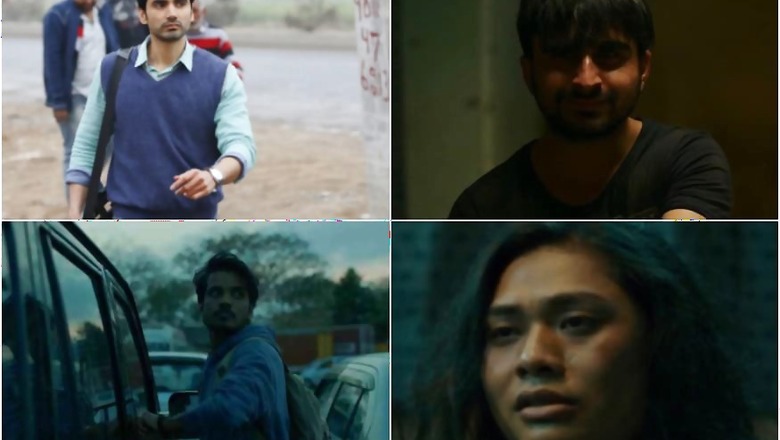
views
"I will not judge you, if you don't judge me," says a character to another in Amazon Prime Video's latest offering Paatal Lok. Sadly, if it were that simple to comprehend and adapt, most of the shows being made today in India or internationally would not be overtly replete with social messages and world would have been a utopia.
Good thing about Paatal Lok is that most of its characters draw some or all of their traits from the 'netherworld'. Jaideep Ahlawat, who plays a cop named Hathi Ram Chaudhry, makes it very clear that the story will tackle 'scums' of the world. As the drama steadily unfolds, we find out that in dealing with a crime scene, the narrative is also giving us a naked and thorough view of the socio-political systems. One which first identifies, then isolates and discriminates on the basis of religion, caste, sex, region of belonging, medical conditions et al. It oppresses the ‘others’.
Islamophobia, gender fluidity, caste and religious discrimination, violence against women, corruption, greed and deceit are recurring themes in the show but what it achieves through portrayal is the sensitisation of its viewers.
Let’s take a look at some of the instances and characters that help Paatal Lok in channeling the defiance and sheer rage of those in the periphery.
Tope Singh
Jagjeet Sandhu plays the character of Tope Singh. Through Tope, we survey discriminatory practices prevalent in Punjab where lower caste has been exploited and violated. Tope refers to himself as ‘Manjhar,’ a term of insolence he is never able to disassociate from. He is called 'paagal' (mad) by his girlfriend because he is volatile. But what she is unaware of is the past Tope is hiding from, one which is filled with anguish, not just for him but for his community at large.
Dolly Mehra
Dolly is played by Swastika Mukherjee. She suffers from medical anxiety that requires her in need of constant companionship. Her ever absent husband Sanjeev, played by Neeraj Kabi, fails to romantically connect with her. This pushes Dolly to the verge of a breakdown, but she manages to bounce back by providing for a stray dog. In this, both Dolly and the dog become the emotional support for each other that the world denied them.
Imran Ansari
The most problematic state of affairs are faced by Imran Ansari, a character played by Ishwak Singh. While Ansari looks away from the religious bigotry he faces within the administration and from his friends, he does it for the larger cause. During a scene, when Hathi Ram utters cuss words for the community in front of Ansari, he smilingly responds with "It worked, Sir."
In a way, he is the moral compass of the entire show. Despite being the 'other', Ansari is never one to let religious identity interfere with the case and security of the people, and country at large.
Cheeni
Cheeni, played by Mairembam Ronaldo Singh, is one of the groundbreaking characters in LGBTQ representation in Indian shows and movies. In being submissive, Cheeni lets us relate to her the most. What adds to her cause is that unlike the caste, region or religion she was born into, it is her natural gender, which she opts to not relate to.
Kabir M
Aasif Khan plays Kabir M. What does M stand for is why he is tortured and killed. The uncertainty around his identity fuels people to make assumptions and eventually treat him like the ‘other.’ His fate is sealed right from the beginning since he is knowingly separated from his identity and that makes him an easy target for anyone and everyone. He is a Pakistani, a Madrasi and depending on who sees him, not even human.
Apart from these central characters, Paatal Lok tries to be subversive in its portrayal of victims at all points. Since the oppressor and oppressed are mostly shot under similar tones and backdrops, it becomes unidentifiable who is who, and sooner or later, everyone becomes the target.
Follow @News18Movies for more










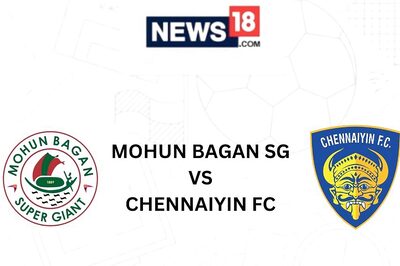
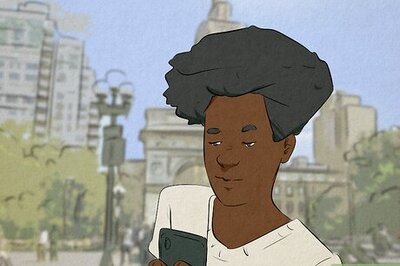
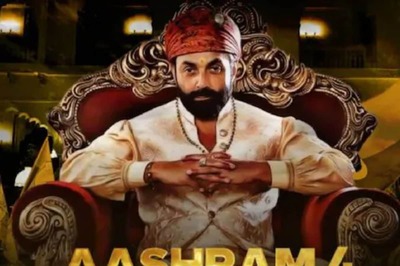



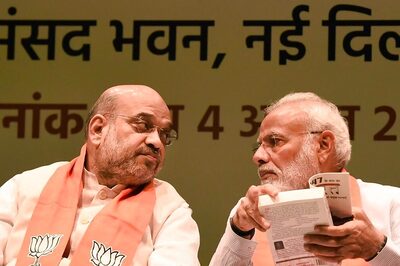



Comments
0 comment